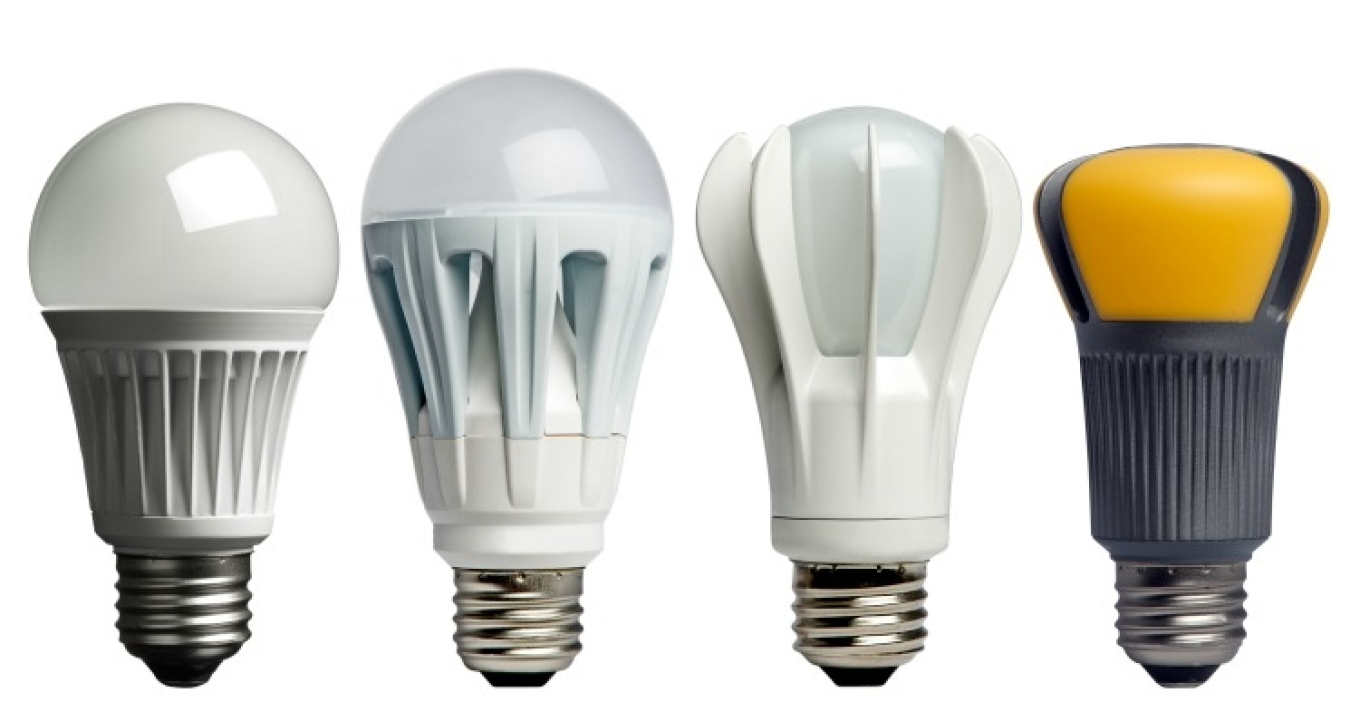31++ Does It Cost More To Turn Lights On And Off Ideas
Does it cost more to turn lights on and off. A home energy expert from not-for-profit energy group Ebico replies. Sure a few dollars here and there may not seem like much but to maximize your savings know when to turn off your lights according to the DOE. Basically the answer is no. However the lifetime of your bulb is affected by the number of times you turn it on and off. The short answer is that you dont use up more energy turning lights on and off. The increased surge in electrical demand when major appliances turn on such as a refrigerator or heating system draw the energy away from your lights just for a second. It is an urban myth that the extra. Turn Off the Lights is a free browser extension for your favorite desktop web browser and you must not pay us to download and install this extension. For flourescent lamps the breakeven point is about five minutes. Do you waste more electricity by turning your lights off and on repeatedly. We all know that leaving the lights on in your house or apartment costs you money. Sometimes it can actually be cheaper to leave a light on rather than turn it off.
Rubinstein notes that even for fluorescents the cost of electricity over a bulbs lifetime far outpaces the cost of the bulb itself. With LED lights it make. In other words if fluorescent lights will be off for five mintues or longer its more cost effective to turn them off than to leave them on. As a result we play the game of turning them off as we leave the room to conserve energy and help keep our electric bill down. Does it cost more to turn lights on and off While turning off lights saves energy generally the answer about whether you waste more electricity by turning lights on and off is that it depends. Even if you consider the wear-and-tear on the bulb and the starter and the fixture its almost always more economical to turn the bulb off. The second misconception is that turning a fluorescent light off and on will wear it out right away. It cost you nothing zero point zero. Turning them on and off doesnt shorten their operating lifetimes. The most cost-effective length of time that a lamp or set of lamps can be turned off before the value of the savings exceeds the cost of having to replace bulbs due to their shortened operating life will depend on the type and model of bulb and ballast. The real issue then is whether the electricity saved by turning off the lights can offset the cost of. The old incandescent lights might have a surge that uses the equivalent of about 5 seconds of the energy used with the light on. They dont know any better theyre probably stuck in a time warp cause its what was done in the olden daze.
 Does Turning Off The Lights Really Save You Money
Does Turning Off The Lights Really Save You Money
Does it cost more to turn lights on and off Lights on electricity is used you pay for the electricity.

Does it cost more to turn lights on and off. It is understandable that some people leave their lights on to let others know that they are in the building. If the flickering is confined to a single source the light bulb in that lamp or fixture may be defective. ACEEE estimates that air conditioners use 3 to 5 less energy for every degree you raise the thermostat.
Its either on or it isnt. It all depends Energygov says on the light bulb. Since these are the least efficient bulbs you should turn them off whenever theyre not needed to maximize savings.
Like many of our myths about energy there is a small amount of truth in the belief. No it doesnt cost more to turn lights on and off and it does cost more to leave them on all the timeHowever anyone running around room to room chasing after lights left on for a moment here and there is wasting their time and energy. Secondly if you take a fluorescent bulb which may have capacitors and thus may require some inrush current it doesnt begin to make up for the cost of leaving the light on.
So the more you turn it off the more power and money you save. The first misconception is that it takes more energy to start a fluorescent light than it takes to run it. This is also harmless.
However it is recommended to keep the development alive and to make this useful tool available for all new users. Switching fluorescent lights on and off may affect the length of their operating life the commission notes but the energy saving is greater than their replacement cost. To get the best energy savings leave your thermostat set at 78 degrees or higher while.
A normal incandescent bulb costs about 075cents per hour and LEDs or CFLs cost only one-sixth of that so leaving the lights on either overnight or while youre at work for the day say both are about 8 hours costs you roughly 6 cents for a normal light and a bit over 1 cent for modern bulbs. Consider again how short the turn-on period is relative to the leaving-on period. A light only uses power when it is on and it doesnt use extra power to turn on.
Its not like a car which actually does burn more fuel while youre starting it than when you leave it idling.
Does it cost more to turn lights on and off Its not like a car which actually does burn more fuel while youre starting it than when you leave it idling.
Does it cost more to turn lights on and off. A light only uses power when it is on and it doesnt use extra power to turn on. Consider again how short the turn-on period is relative to the leaving-on period. A normal incandescent bulb costs about 075cents per hour and LEDs or CFLs cost only one-sixth of that so leaving the lights on either overnight or while youre at work for the day say both are about 8 hours costs you roughly 6 cents for a normal light and a bit over 1 cent for modern bulbs. To get the best energy savings leave your thermostat set at 78 degrees or higher while. Switching fluorescent lights on and off may affect the length of their operating life the commission notes but the energy saving is greater than their replacement cost. However it is recommended to keep the development alive and to make this useful tool available for all new users. This is also harmless. The first misconception is that it takes more energy to start a fluorescent light than it takes to run it. So the more you turn it off the more power and money you save. Secondly if you take a fluorescent bulb which may have capacitors and thus may require some inrush current it doesnt begin to make up for the cost of leaving the light on. No it doesnt cost more to turn lights on and off and it does cost more to leave them on all the timeHowever anyone running around room to room chasing after lights left on for a moment here and there is wasting their time and energy.
Like many of our myths about energy there is a small amount of truth in the belief. Since these are the least efficient bulbs you should turn them off whenever theyre not needed to maximize savings. Does it cost more to turn lights on and off It all depends Energygov says on the light bulb. Its either on or it isnt. ACEEE estimates that air conditioners use 3 to 5 less energy for every degree you raise the thermostat. If the flickering is confined to a single source the light bulb in that lamp or fixture may be defective. It is understandable that some people leave their lights on to let others know that they are in the building.
 Lighting Choices To Save You Money Department Of Energy
Lighting Choices To Save You Money Department Of Energy